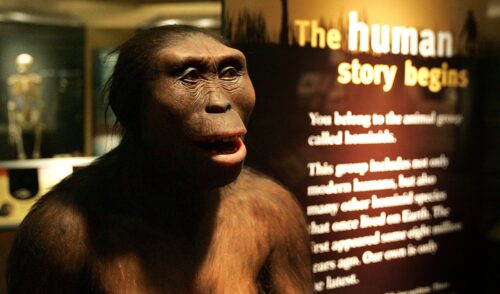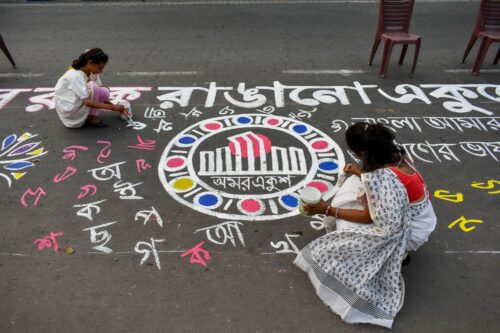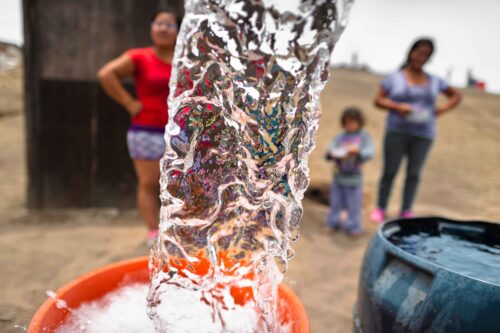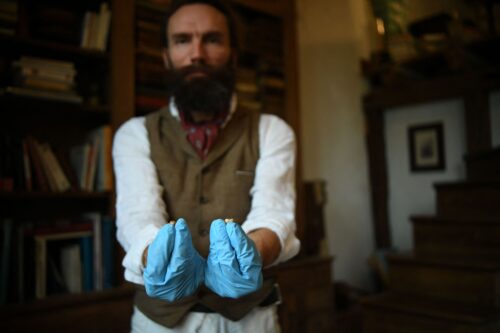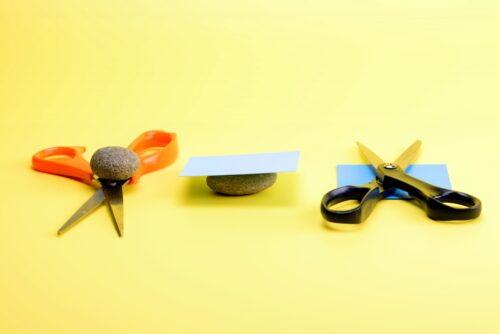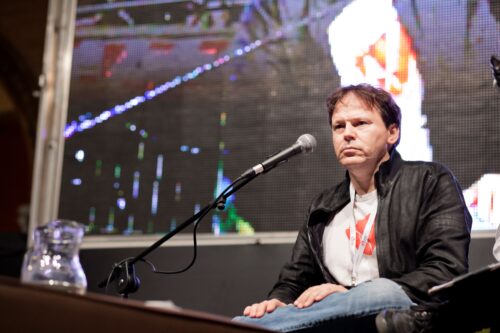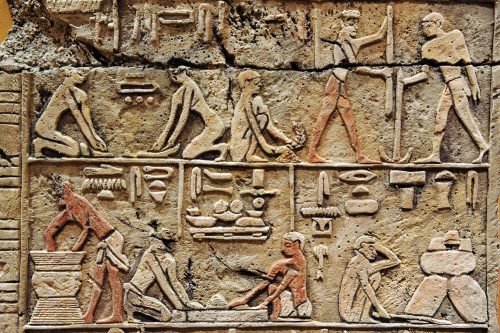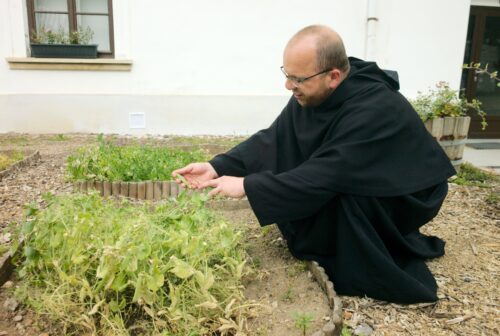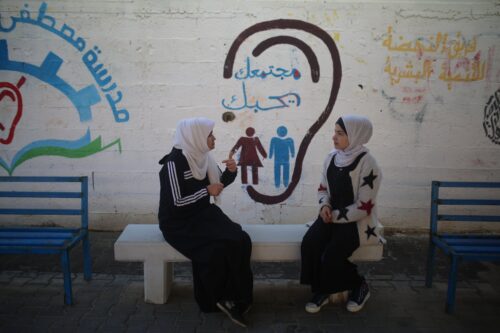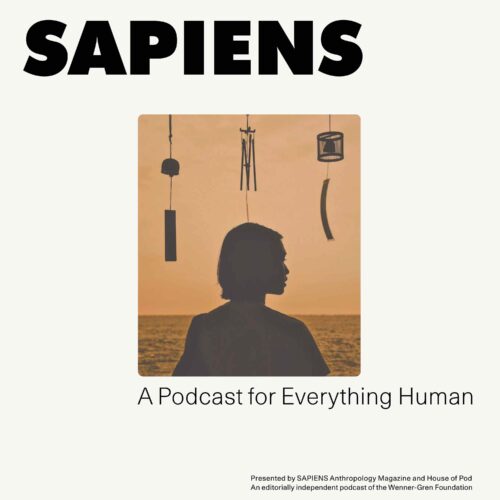Since the dawn of our species, the ability to make things has made us who we are. Human-made objects, large and small, have enabled and molded evolutionary forces, sparked and expressed our imagination, guided and structured social relations, transformed and destroyed the environment–and much more.
This season of the podcast looks at how a wide range of technologies—from smartphones to comic books to cooking to hydroelectric dams—are intertwined with our lives. Anthropologists’ stories from around the globe reveal fascinating insights into human evolution, social organization, communication, historical trajectories, and the interface between the living and the dead.
Join Season 7’s host, Dr. Eshe Lewis, on our latest journey to tackle big questions about cultures of technology and the purpose, limits, and possibilities of such material culture.
SAPIENS: A Podcast for Everything Human is produced by House of Pod. The executive producers are Cat Jaffee and Chip Colwell. This season’s host is Eshe Lewis, who is the director of the SAPIENS Public Scholars Training Fellowship program. Dennis Funk is the audio editor and sound designer. Christine Weeber is the copy editor.
SAPIENS is an editorially independent magazine of the Wenner-Gren Foundation and the University of Chicago Press. SAPIENS: A Podcast for Everything Human is part of the American Anthropological Association Podcast Library.
This episode is part of the SAPIENS Public Scholars Training Fellowship program, which provides in-depth training for anthropologists in the craft of science communication and public scholarship, funded with the support of a three-year grant from the John Templeton Foundation.
Cultures of Technology
Eshe Lewis: Now on SAPIENS, the Public Scholars Training Fellowship is back.
Timothy Y. Loh: Kind of dipping my toes into anthropological research for the first time.
Mariana Petrey Cabral: Bibi has showed me that, instead of human remains, the burial carries a human being.
Parag Jyoti: So there are a lot of tribal communities, but there are also communities that fall into the Hindu caste structure.
Eshe: And this time we’re investigating the impacts of technology.
Alberto Navarro: I can’t really think of another technological device in human history that has so seamlessly embedded itself.
Onur Arslan: And this was one of the reasons that people were criminalized by mistake in these trials.
Maria Pia Tavella: Nations build collective memories.
Leyla Jafrova: Going to visit the graves of our relatives or cooking meals.
Sana Malik: Oh, there’s this Pakistani character, and she looks different, and she’s talking about different types of issues.
Cindy Hy Huang: Cyborg anthropology really is about the human relationship with the technological systems that we’ve created.
Eshe: Listen now wherever you plug into your preferred audio tech.










